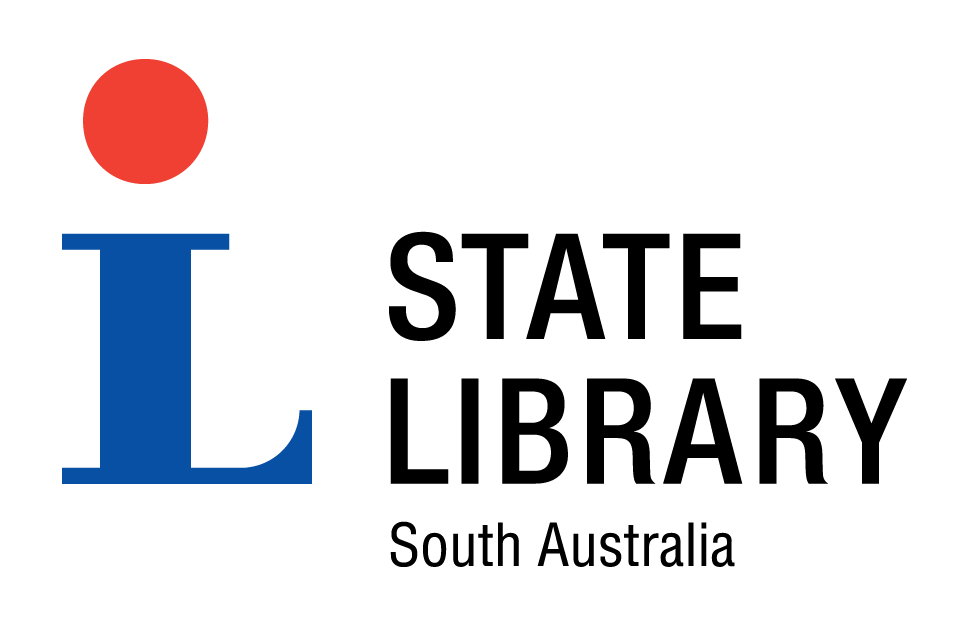
Sex Industry Page 6
The Gilfillan Bill
In May 1990 the Australian Institute of Criminology issued a report recommending the removal of prostitution from the criminal law claiming the laws did not work and led to unsafe work practices, and the Police were forced to defend their prosecution of sex workers when claims were made that raids on brothels were forcing workers into unsafe street work. In this climate the Women's Liberal Network met on 16 July 1990 and heard from Chair of the 1979 select committee, Mike Wilson, and PASA representative, Andi Sebastian. They recommended the Liberal Party set up a Select Committee into prostitution in South Australia.
In February 1991 following media reports of corruption dating back to 1988 the National Crime Authority published the Operation Hydra report related to "allegations in South Australia ... that certain public officials have acted in their official capacity, and have taken decisions in their official capacity from improper motives." [NCA Operation Hydra South Australian Reference No.2, pg.3] In it's report the NCA found no evidence of official corruption in the dealings of certain public officials with the sex industry, but the investigation and the report had kept the subject of prostitution in the media. On 8 February 1991 Ian Gilfillan announced his intention to introduce a new private member's Bill that would decriminalise prostitution within safeguards. Following the release of 'pre-draft' details of the Gilfillan Bill in March, The Advertiser claimed that the legislation was expected to pass both Houses of Parliament. However following the introduction of the first Gilfillan Bill on 10 April 1991 the same newspaper reported on 11 April, "A parliamentary bill aimed at legalising prostitution in South Australia will need substantial changes if it is to succeed." The Bill met similar opposition outside the Parliament with the Uniting Church moderator saying the church could not condone prostitution and PASA spokesman, Brett McMillan, saying the Association was "very disappointed" with the legislation. But increasingly there were brothel owners, sex workers and activists who were willing to risk public vilification and prosecution to argue for a decriminalised and regulated industry. Stormy Summers, Sylvia Chandra, Helen Vicqua and Patti Walkuski all played rolls. The first Bill lapsed due to a Parliamentary winter recess of almost 4 months and Gilfillan reintroduced a slightly amended Bill on 21 August 1991. On 10 September 1991 a general meeting of the PASA membership was held at the Wakefield Tavern to help formulate directions in regard to the Gilfillan Bill. The Bill remained before the Parliament until 29 April 1992 when a motion to withdraw the Bill and refer the matter to the Social Development Committee for report and recommendations was passed. The Social Development Committee took one days evidence in February 1993 before postponing the inquiry until 15 February 1995 while the Committee looked into other matters.
The Brindal Bills
Before the Social Development Committee could resume it's inquiry Liberal backbencher, Mark Brindal, released a discussion paper in November 1994 which proposed that all criminal provisions regarding prostitution be abolished. The first Brindal Bill, the Prostitution (Decriminalisation) Bill 1995 was introduced by the Member for Unley on 9 February. Introducing the Bill, Mark Brindal said, "It is important that we establish this: that the select committee of this Parliament, the NCA, the Police commissioner and every authoritative report in the past 15 years in this country has recommended the need for reform." [Hansard 9 February 1995, pg. 1507] It was intended that the Bill abolish prostitution related offences, and the Prostitution Regulation Bill introduced two weeks later on the 23rd allowed for the registration of brothels. Following the discharge of the Prostitution (Decriminalisation) Bill on 6 July the Prostitution Regulation Bill went to a conscience vote in the House of Assembly on the 27th of July. Activists held two 'masked' rallies on the steps of Parliament House in July in support of the Bill, but the vote was lost, 16 votes to 28. With the Social Development Committee still sitting the impetus for reform continued. It continued to take evidence until January 1996 and released its final report on 21 August. The Advertiser newspaper reported, "As a result, three bills proposing changes to prostitution laws will go before Parliament when it resumes on October 1.... The committee chairwoman, Liberal MLC Dr Bernice Pfitzner, said yesterday the committee had recommended prostitution laws which would clarify the position of prostitutes, clients, operators and police. 'All members of the committee agreed there must be changes to the current laws', she said." [Advertiser 22 August 1996, page 2]
Using the draft bill from the appendix of the Social Development Committee report, Terry Cameron MLC introduced a bill titled the Prostitution Bill on 25 March 1998, due to lack of support it lapsed when the Parliamentary session ended.
On 28th October 1999, the Police Minister, Robert Brokenshire introduced 4 prostitution bills to the House of Assembly. They were the Prostitution (Licensing) Bill 1999, the Prostitution (Registration) Bill 1999, the Prostitution (Regulation) Bill 1999 and the Summary Offences (Prostitution) Bill 1999. The 4 bills were debated conjointly and the Prostitution (Regulation) Bill 1999, passed the House of Assembly. The Legislative Council received that Bill on 13th July 2000, but it was defeated on 17 July 2001.
International Whores Day, an event to highlight the need for law reform and marking the 1975 occupation by French sex workers of a church in Lyon protesting their treatment by police, was held for the first time in South Australia on 2 June 2001.
No new attempts to reform the law as it relates to sex workers and the sex industry have been made to date and despite numerous attempts at reform over 30 years the law remains largely unchanged, prostitution itself is not illegal, it is the receiving of money, soliciting and procuring that remains illegal.
Items 1 - 9 of 9











